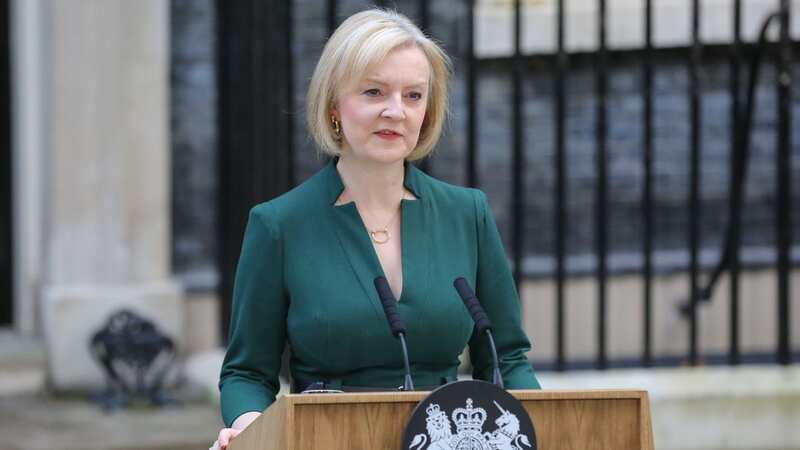Labour promises clampdown on pay-offs for ex-ministers after Tory £1m giveaway

Labour is promising a major clampdown on pay-offs given to ex-ministers after the Tories pocketed almost £1million in golden goodbyes.
The overhaul would mark the biggest shake-up of the rules since they were introduced more than 30 years ago.
Figures show £933,086 in taxpayers’ money was handed out in a year as the changes in PM from Boris Johnson to Liz Truss and then Rishi Sunak led to an unprecedented turnover in ministers.
Departing ministers are entitled to a payment equivalent to a quarter of their annual salary no matter how long they have been in their post or the circumstances under which they leave their jobs. They must only give back that money if they are re-appointed to another role within three weeks.
Under Labour’s proposed changes, ministers will only receive a quarter of what they actually earned in the past 12 months, stopping those who have only been in post for a few weeks getting a large sum. Those who return to Government within three months’ will have their entitlement slashed. And any minister who leaves their job while under investigation for allegations of misconduct or breaches of the ministerial code would not get a pay-off unless and until they are cleared.
 Teachers, civil servants and train drivers walk out in biggest strike in decade
Teachers, civil servants and train drivers walk out in biggest strike in decade
Should severance payments to ministers be axed? Vote in our poll HERE to have your say.
The party will also properly enforce rules that mean ex-ministers over the age of 65 should not get anything.
Labour said its package of reforms would have slashed the severance payments bill by almost £380,000, which is more than 40%. It comes after the Mirror revealed earlier this week that a string of former ministers, including Peter Bone, has wrongly received pay-offs when ousted despite being over 65.
Under Labour’s crackdown, sex pest Chris Pincher would have missed out on his £7,929 golden goodbye when he was forced out as Deputy Chief Whip over groping claims. Greg Clark and Shailesh Vara, who both spent fewer than nine weeks as Cabinet ministers in the last days of Mr Johnson's administration, would have had their entitlements reduced from £16,876 each to just £2,775.
Brendan Clarke-Smith, who spent sixteen weeks as a junior minister under Mr Johnson and Ms Truss would have had his severance claim cut from £5,593 to £1,684. Rehman Chishti, who spent two months as a Foreign Office minister, would have had his payout cut from £5,593 to £936.
And Liz Truss, whose ministerial pay-off was boosted thanks to her disastrous 49 days as PM, would have seen her golden goodbye slightly reduced from £18,860 to £17,143.
Jonathan Ashworth, Labour’s Shadow Cabinet Office Minister, said: “When the drafters of the 1991 legislation put the 'loss of office' rules in place, they surely never expected them to produce the kind of payments that we saw in 2022/23 under this shambles of a government: £933,086 going direct from the taxpayer into the pockets of Tory MPs as a reward for political chaos and a crashed economy, including almost £50,000 of payments to ministers who were over the age limit to claim them.
"Among the beneficiaries were MPs who had never served as ministers before filling out the front bench in the dying days of the [Boris] Johnson administration; acolytes of Liz Truss, whose time in government began and ended with her own short reign in No.10; and a host of Rishi Sunak favourites quitting their jobs to put pressure on his predecessors, then returning a few weeks later when he became Prime Minister. Most disgraceful of all, we saw individuals who were never fit for ministerial office in the first place being forced to quit after their shameful conduct was exposed, but still walking away with a payout from the taxpayer.
Under the current rules, every single one of those Tory ministers was legally entitled to three months of severance at their final salary level, no matter how long they had been in post, no matter the circumstances of their departure, and - in most cases - no matter how quickly they returned to the front bench. These are the glaring loopholes that Labour's proposed reforms will seek to close."
Read more similar news:
Comments:
comments powered by Disqus

































